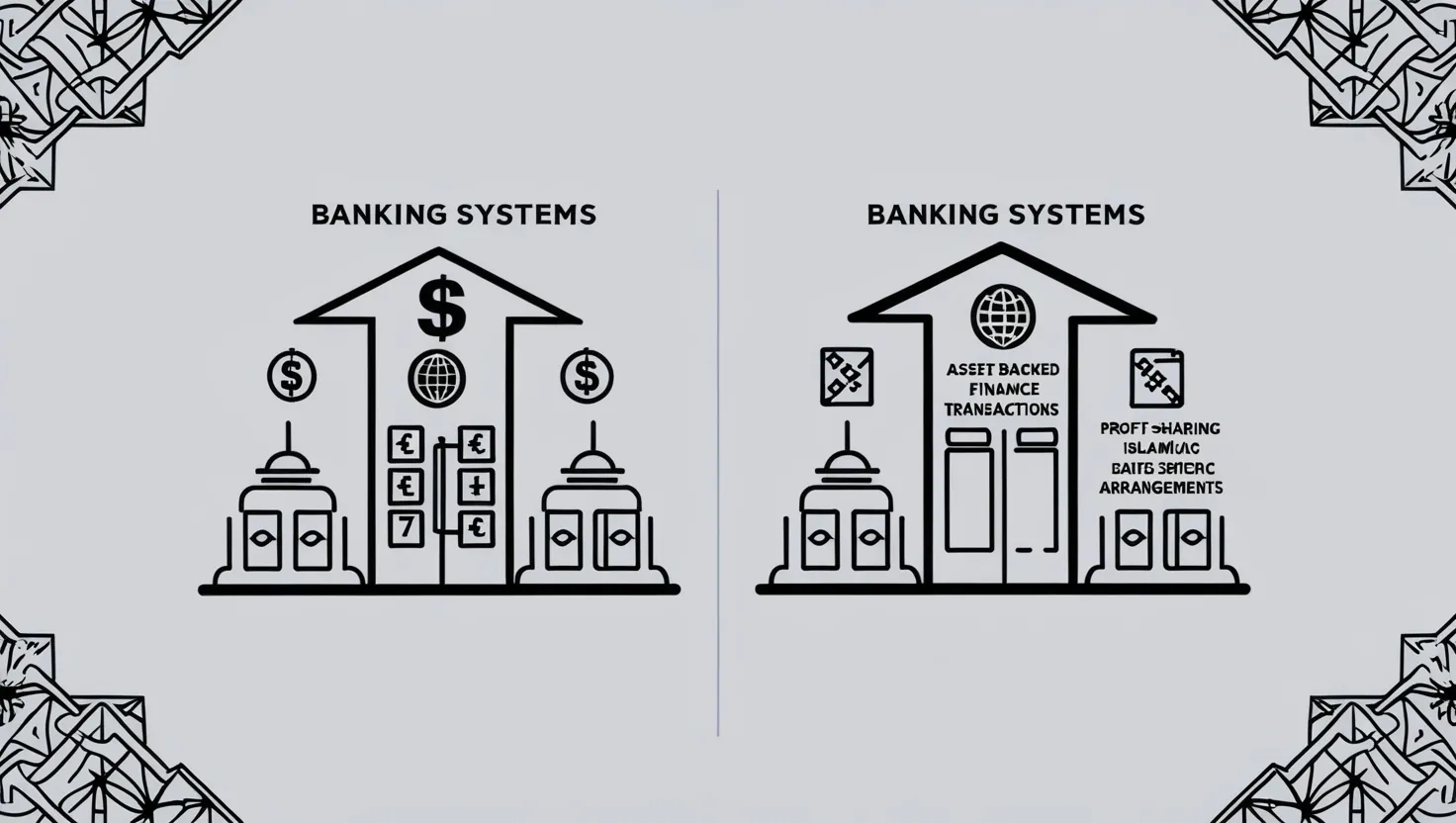Ever heard of a 401(k)? If you work in the U.S., chances are your employer has dangled one in front of you. It might seem like just another box to tick off on the new-hire paperwork, but it’s actually a pretty nifty tool for saving for your golden years. Let’s break down what a 401(k) is and how it can work for you.
A 401(k) takes its name from a specific section of the U.S. Internal Revenue Code—sounds super official, right? In simpler terms, it’s a defined contribution plan. You know how much you’re putting in, but there’s no fixed amount on what you’ll get out when you retire. This is because the ultimate benefit hinges largely on how your investments perform over time. Basically, you divert a chunk of your paycheck into this account, and if you’re lucky, your employer chips in too. Think of that employer contribution as free money—always a good thing.
Now, there are two main flavors of 401(k)s to choose from: traditional and Roth. The traditional 401(k) lets you contribute pre-tax dollars, which lowers your taxable income now. But watch out when you retire, because Uncle Sam will be waiting—those withdrawals are taxed as ordinary income. The Roth 401(k) works the other way around. You contribute after-tax dollars, so there isn’t any immediate tax break. But here’s the kicker: qualified withdrawals in retirement are tax-free.
So how does this whole thing work? Once you sign up, you decide what percentage of your paycheck you want to funnel into your 401(k). Many employers sweeten the deal by matching part of your contributions. This is like getting a bonus you don’t even have to work extra hours for. When your money lands in the account, you can invest it in options your employer offers. We’re talking mutual funds, ETFs, and target-date funds, which are the popular kid in the class. They adjust investments based on your age and expected retirement date, getting more conservative as you near retirement.
One major plus of a 401(k) is the tax-deferred growth. You won’t pay taxes on your investment gains, interest, or dividends until you withdraw the money. If you went with a Roth option, qualified withdrawals get to skip taxes altogether. Another winner? The power of compounding. Starting early can make a world of difference because your earnings generate their own earnings over time. It’s like a snowball rolling down a hill, picking up more snow (or, in this case, money) as it goes.
When you’re selecting investments for your 401(k), you’ve typically got a smorgasbord of choices. You can divvy up your balance among different funds—say, putting 70% in an equity index fund, 20% in a bond index fund, and the remaining 10% in a money market mutual fund. Target-date funds are a common default if you’re automatically enrolled. They balance stocks and bonds depending on how soon you plan to retire.
Switching jobs? No problem! You can take your 401(k) with you. This is called a rollover, and you’ve got two main ways to do it: direct and 60-day. For a direct rollover, your plan administrator sends the funds straight to another retirement account, so no taxes withheld. The 60-day rollover means you get the money and then must deposit it into a new retirement account within 60 days. This route is trickier because 20% of your funds will be withheld for taxes, and you’ll have to come up with that amount to avoid penalties.
To get the most out of your 401(k), start early and be consistent with your contributions. Small increases over time can lead to substantial growth. If your plan allows it, set up automatic increases to gradually boost your contribution rate. Got a raise or a bonus? Think about throwing a portion into your 401(k). Every little bit helps, and your future self will definitely appreciate the effort.
In a nutshell, a 401(k) is a powerful tool for stashing away cash for retirement. Enjoy the tax perks, snag that employer match, and dive into the investment options that make the most sense for you. Whether you opt for a traditional or Roth 401(k), the key is to get started, keep at it, and watch your savings grow. It’s one of those set-it-and-forget-it things that can pay off big time when you’re ready to kick back and enjoy your retirement.





